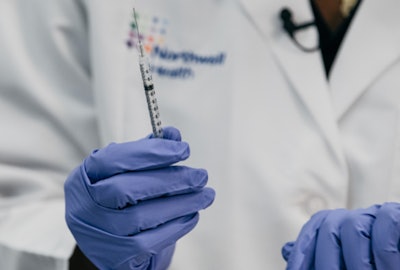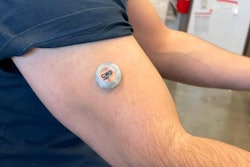You likely haven’t heard of Epstein-Barr Virus (EBV), but you’re probably familiar with the virus it causes: mononucleosis, aka “mono,” aka “the kissing disease.” Though EBV isn’t a household name, chances are you’ve been infected with it and didn’t even know since it is one of the most common viruses in humans and rarely causes symptoms. EBV can’t be treated with antibiotics, and mostly lays latent in the body and causes other issues.
According to a recent SciTechDaily article, the National Institute of Allergy and Infectious Diseases is launching a clinical trial for a new EBV vaccine. The Phase 1 study will take place at the NIH Clinical Center in Maryland and will determine if the vaccine can prevent or reduce the severity of EBV, and thus infectious mononucleosis. It will examine 40 healthy adults between the ages of 18 and 29, half of whom have a history of EBV infection and half who do not. They’ll be given a series of three injections over a period of 180 days.






















